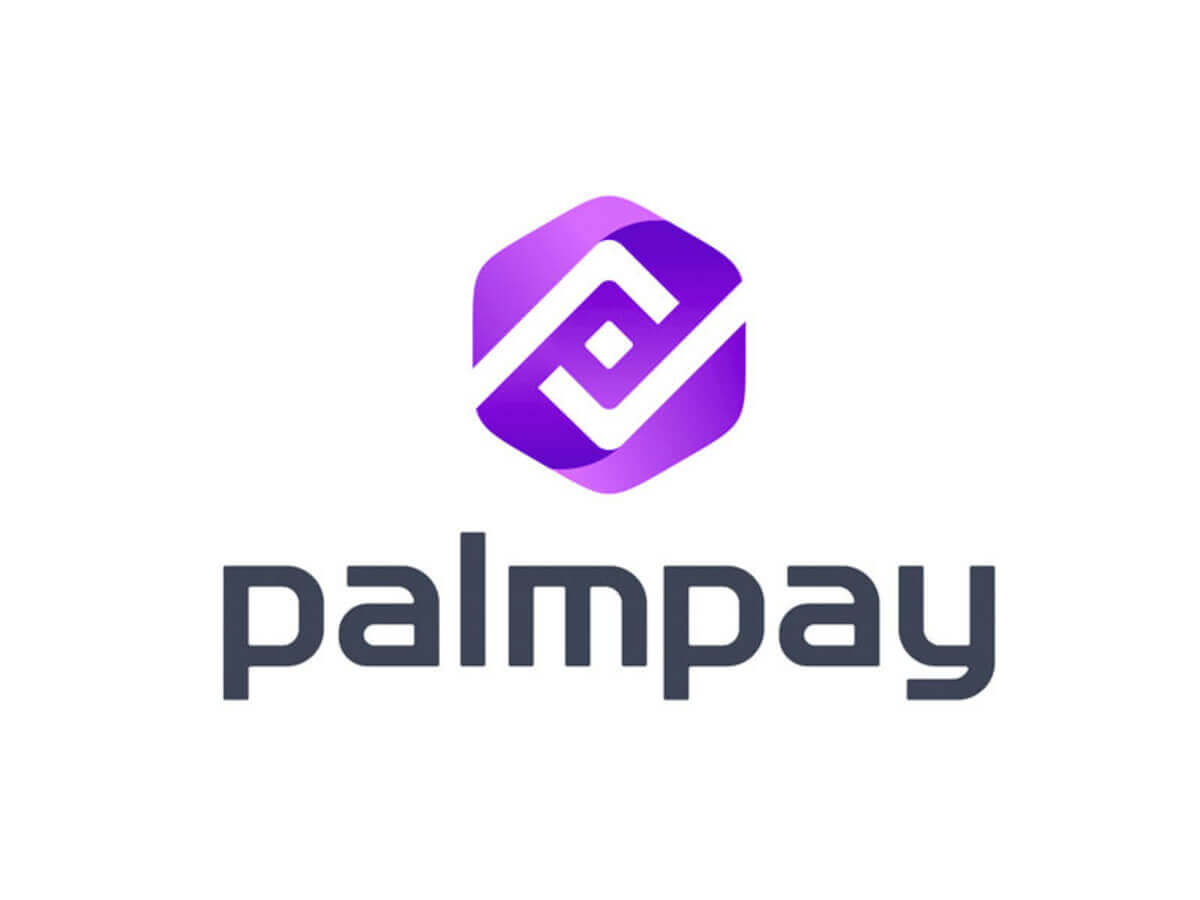Place your adverts here on InfoDig @ low rates; banner ads, sponsored links and guest articles etc. Contact us
The business of packaging has become crucial, especially in the interest of securing the environment in line with SDG goals. Haithem Debbiche, Managing Director of Tetra Pak, West Africa, whose company participated at the 2024 Propak exhibition in Lagos, spoke to BusinessDay’s Daniel Obi on sustainability and packaging, investment in the packaging industry, checking wastage of food through packaging, recycling, and more. Tetra Pak is a Swedish company that was established in 1951. And about 20 years later, it entered Nigeria. Excerpts.
Read also: Omolayole Management Lecture Series: Leadership mindset for business transformation in focus
What are the business opportunities Tetra Pak wants to explore by participating in this year’s Propak exhibition in Nigeria?
Tetra Pak is a world-leading processing and food packaging company. We have been in Nigeria for more than 50 years. It is for us an honour to be part of this big event, not only to expose our portfolio of products but also to see our customers and discuss future possibilities together, especially when it comes to packaging and sustainability. This is one of the big priorities for us in the Nigerian market.
Could you elaborate further on your role in packaging, especially as it concerns food safety and sustainability?
By extending the shelf life of perishable foods like dairy and fruit juices, Tetra Pak’s aseptic technology is helping to reduce food waste, enabling access to remote areas without the need for refrigeration or preservatives. Also, we are collaborating with different entities to develop innovative packaging and supporting local dairy farmers through our dairy hub programmes.
What are some of the recent innovations your company has introduced in packaging materials to enhance sustainability and reduce environmental impact?
The launch of an aseptic beverage carton featuring a paper-based barrier with 90 percent renewable content to substitute an aluminium foil layer, a first within food carton packages distributed under ambient conditions; Also, Cap with certified recycled polymers launched by some of our customers in Europe—Elvir, Emmi, and Lactalis Group. Additionally, tethered caps designed to stay attached to the rest of the package and help prevent plastic litter were launched with different customers in Europe.
Can you tell us more about your partnership with WeCyclers and how it aligns with Tetra Pak’s sustainability goals?
It’s a post-consumer collection activation pilot for 6 months that we concluded with Wecyclers to increase Used Beverage Carton (UBC) collection volumes by communicating through their network and 22 collection points. Residents will bring UBC and get incentives like they do for other packaging waste. This aligns with our sustainability goals, as we are looking to have efficient public-private partnerships, which is the key to achieving collection at scale.
Read also: What Eko Atlantic’s new piped gas connection means for the city, businesses
How important are collaborations with local sustainability partners like WeCyclers in achieving your broader environmental objectives in West Africa?
Recycling starts with collection, and collection can be a complex action given the varying local contexts and regulations. Our goal in Nigeria is to develop sustainable recycling solutions and a low-carbon circular economy. And to do this, we need to boost the recycling value chain and local recycling industry. Hence, Tetra Pak is partnering with key stakeholders to implement sustainable recycling and collection processes with Wecyclers, Oliver Adam, and other future partners.
The managers of WeCyclers were here at the exhibition in Landmark in Lagos to discuss further with us. We have a partnership, and we have started a project, and under the project we will be collecting all the used beverage carton packages, and this is not only related to Tetra Pak packages as there are other suppliers dealing in carton packages. We are still in the pilot phase and finalising discussions with two other recyclers. At the end of this exercise, we will have a scalable business model with local recyclers that will ensure used beverage carton packages are collected, recycled, and do not end up in the landfill.
What impact do you anticipate sustainable packaging solutions will have on the West African market, particularly in the food and beverage sector?
Aseptic packaging solutions are helping to reduce food loss and food waste across the entire value chain, making safe, nutritious food available to everyone regardless of their social and economic class. Today, our aseptic technologies are helping to drive strong growth within the dairy industry with innovative and convenient packaging solutions for evaporated milk and ambient drinking yoghurt. This is in line with our vision: making food safe and available everywhere.
How is Tetra Pak working to increase awareness about the importance of sustainable packaging in Nigeria and other parts of West Africa?
Driving consumer awareness and engagement is critical to developing a circular economy for beverage cartons. We have started the journey to educate and inspire school kids as well as households about used beverage carton recyclability. And we are working collaboratively with stakeholders to develop UBC recycling in Nigeria.
What does the future hold for sustainable packaging in Africa, and how are you positioning to meet future challenges?
There is an urgent need for collective action to secure the future of food packaging in Africa, and we are at the forefront of developing fully recyclable and renewable packaging material. At the same time, we are expanding our collection and recycling capabilities to ensure used beverage cartons do not end up in landfills and reduce waste pollution.
Read also: Babajide unveils book to equip event planning businesses with future work tools
What are Tetra Pak’s long-term sustainability goals, and how do you plan to achieve them in West Africa?
Tetra Pak’s long-term ambition is to develop the world’s most sustainable food packaging, fully made of responsibly sourced renewable or recycled materials, fully recyclable, and carbon neutral. We are also innovating our processing and packaging technologies and equipment to reduce water, energy, and waste.

 2 hours ago
33
2 hours ago
33















 English (US) ·
English (US) ·